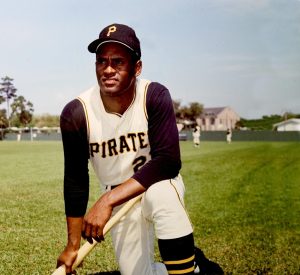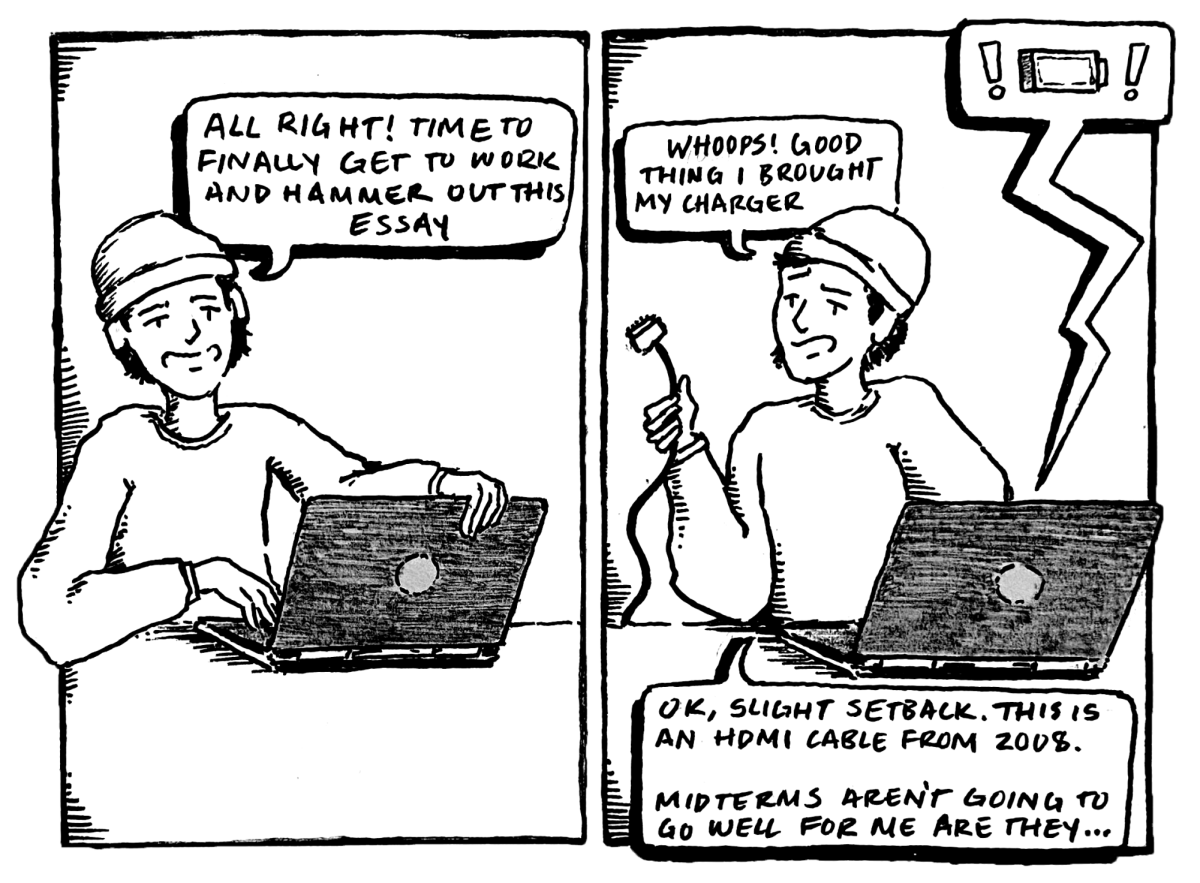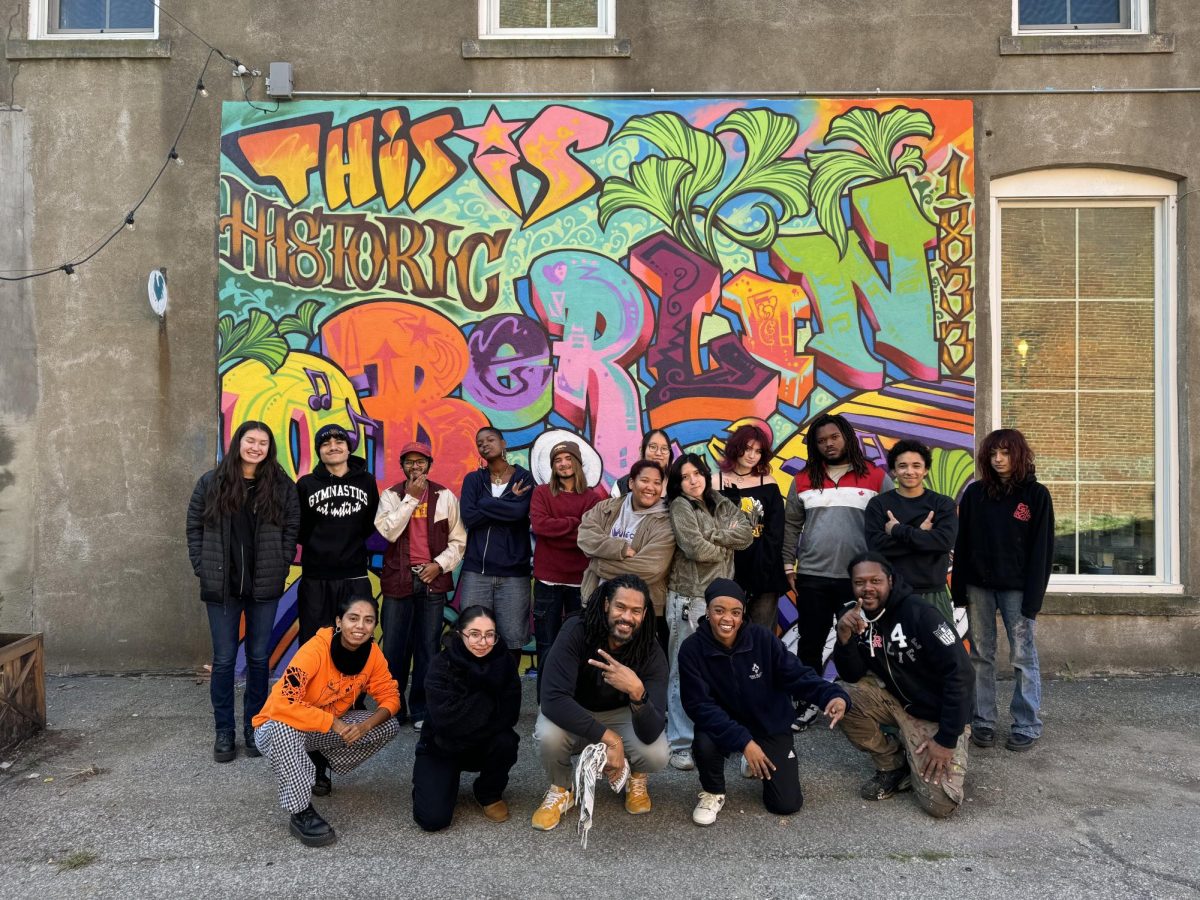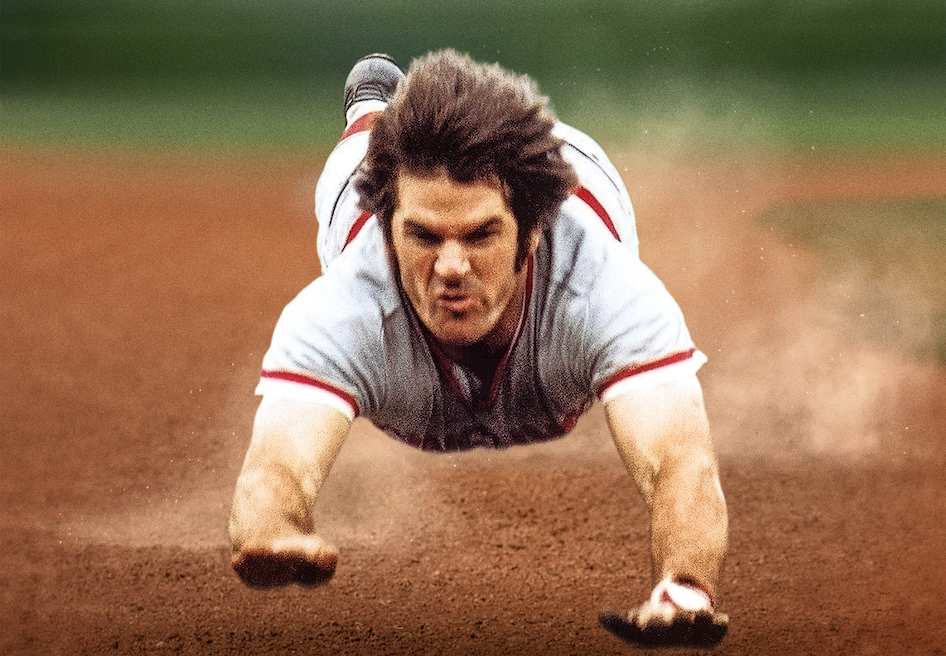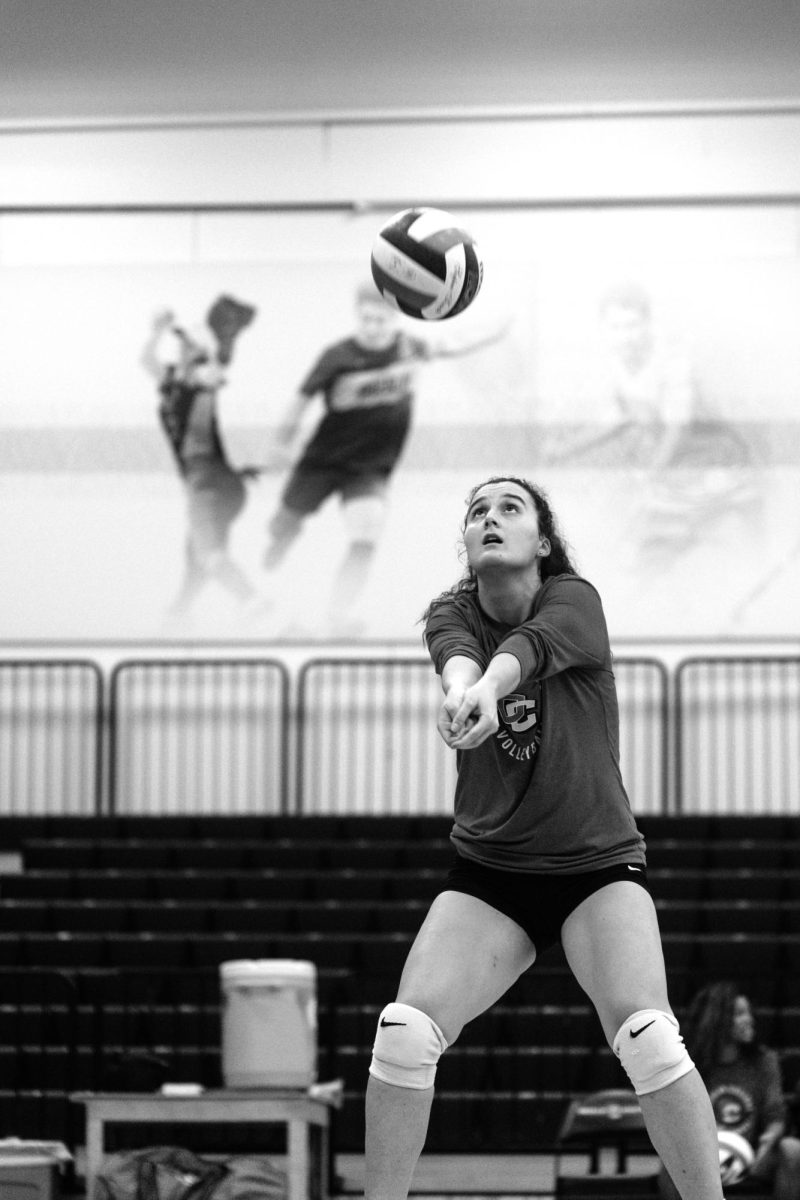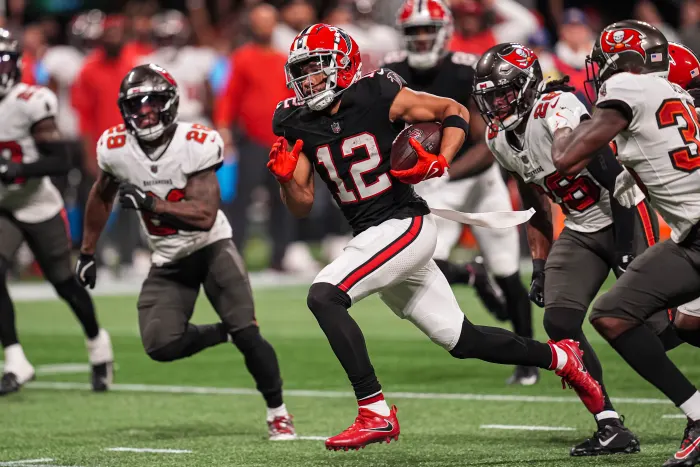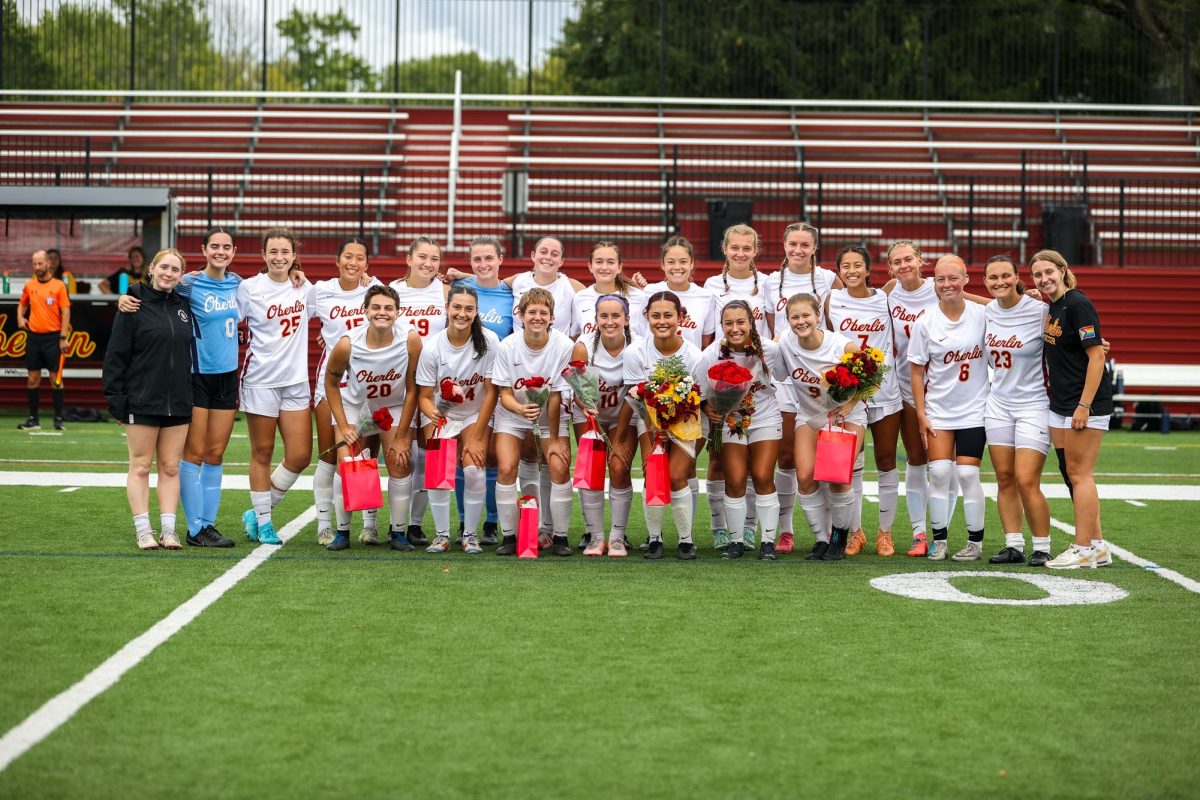Leave Refs Alone
September 18, 2015
Anyone who has ever competed in a sporting event with a referee knows that bad officiating can greatly affect the outcome of the game. Admittedly, sometimes a referee’s incompetence can turn out in your team’s favor, whether they are making incorrect calls against opposing players or failing to enforce the rules properly against your own team. However, more often than not, a bad official is detrimental to both teams as well as to the game as a whole.
The John Jay High School football incident represents the most recent contentious issue in organized sports, in which a referee was violently targeted by two high school football players. The video of the incident — which has since gone viral and accrued over nine million views — clearly shows two John Jay players deliberately tackling an unsuspecting official from behind, continuing the assault even after he fell to the ground.
The question of blame has consistently arisen amidst accusations of racial provocations and officiating so poor that it was considered cheating for the other team. The coaches, players and culture of John Jay High School are all under fire, a consequence of the growing concern for the safety of officials.
While physical player-official altercations rarely occur, the handful of exceptions have left many officials severely injured, and in some cases the result has been fatal. For example, in 2013 a 17-year-old soccer player punched an official in the face after receiving a yellow card, causing the referee to ultimately die from subsequent internal head injuries. In 2014 a Michigan referee died after being struck in the face by a player in a competitive men’s soccer league.
While I have had my fair share of frustration with bad officials in the past, I have neither come close to physically harming any of them, nor have I ever felt the desire to do so. Granted, my past athletic career is checkered with yellow cards and technical fouls for arguing with refs whom, to this day, I still consider horrible officiators. But even I can acknowledge that there is a fine line between yelling in a referee’s face and running into him at full speed from behind.
Undoubtedly, if the referee in question did make racist remarks to the two John Jay players, then this whole incident would be a completely different story. 84 percent of John Jay is Hispanic and nearly 67 percent of the students come from disadvantaged economic backgrounds, so it would come as no surprise that emotions were running high if refs were dropping racial slurs left and right.
However, we will never know for certain. The only facts available are the video of the premeditated tackles and the reports of a John Jay assistant coach saying “this guy needs to pay for cheating us,” directly before the incident.
Considering that most officials sacrifice their time to officiate, make next to nothing and are driven purely by their love of the game, it is important to recognize that the stigma of bad refs being evil or vindictive is largely inaccurate. Additionally, it is unfair to the majority of good officials who work their hearts out to ensure that games are played fairly and correctly.
Whatever the case may be, what is most important is that sporting events remain safe for all participants: players, coaches and refs alike. From my past experiences, there are two things that I have come to accept are plainly out of my control on game day: the weather and the officiating. I can’t promise to never get another technical foul or yellow card for voicing my disagreement with certain officials, but I can solemnly swear never to cause them any physical harm — an oath that all athletes should strictly adhere to.





